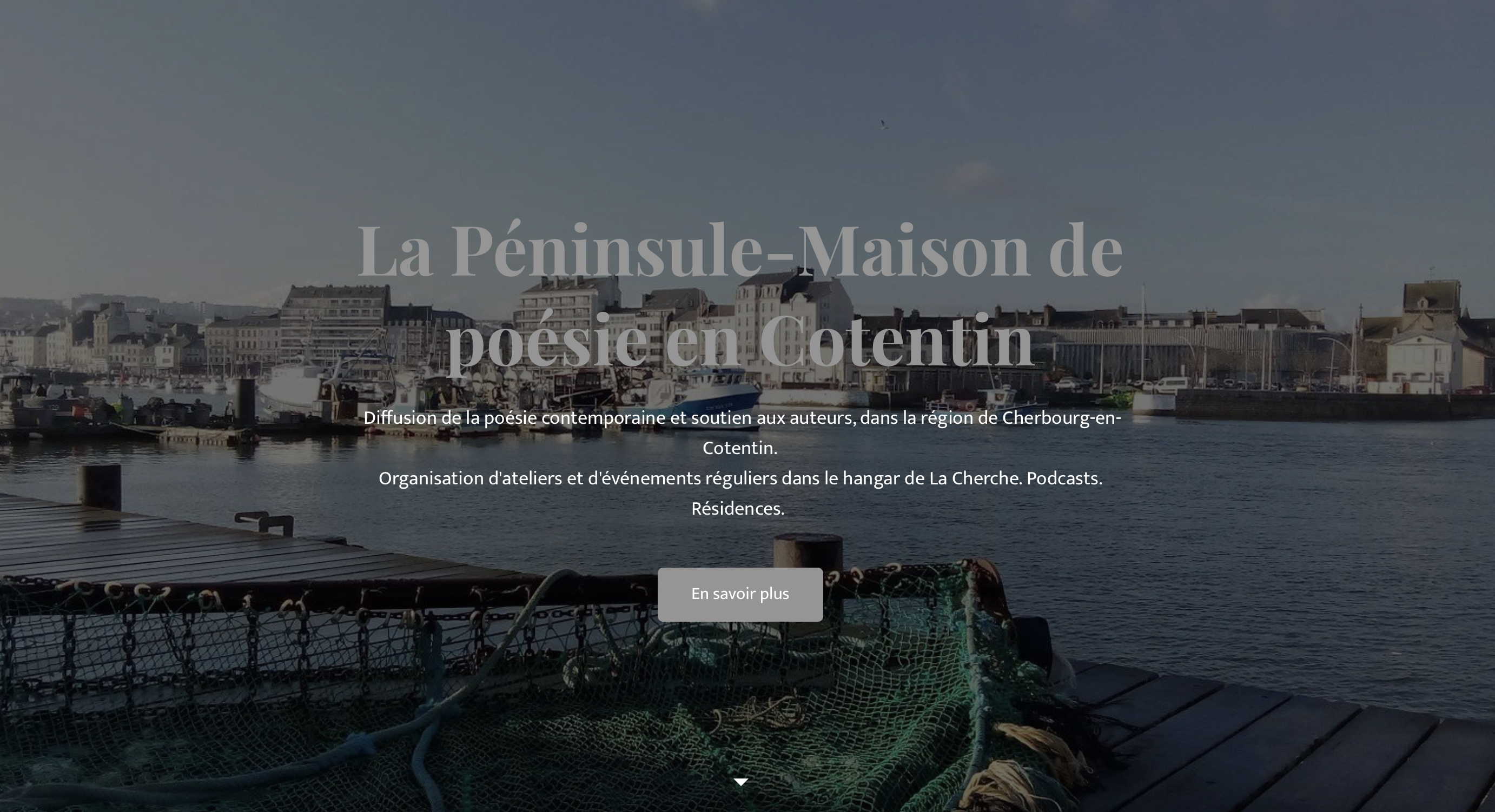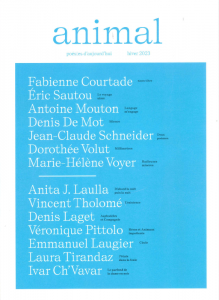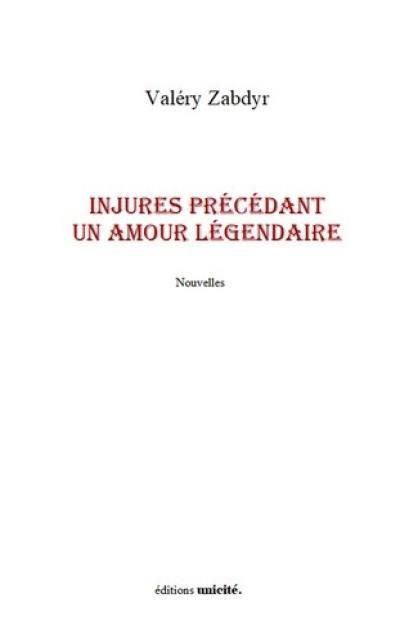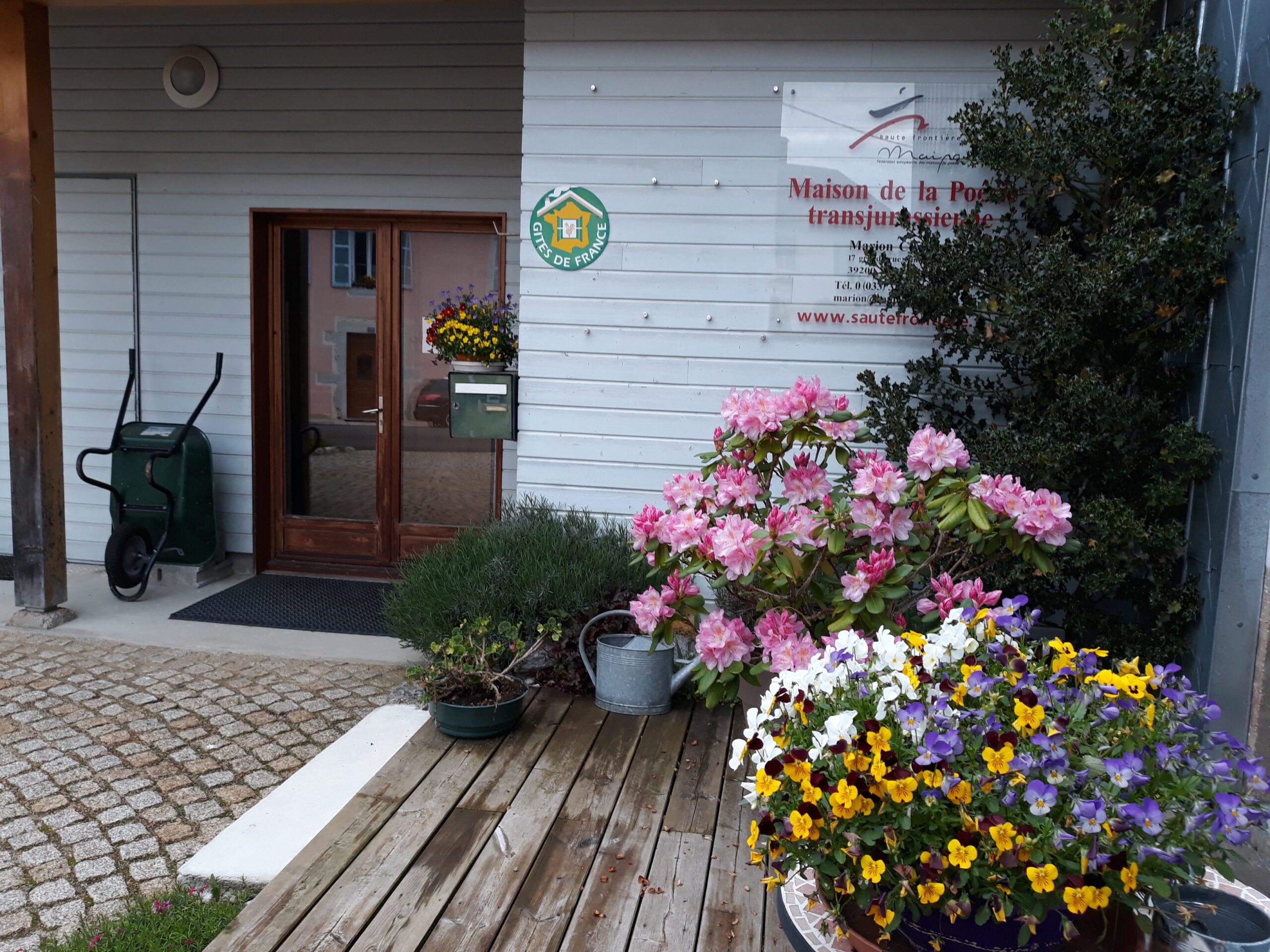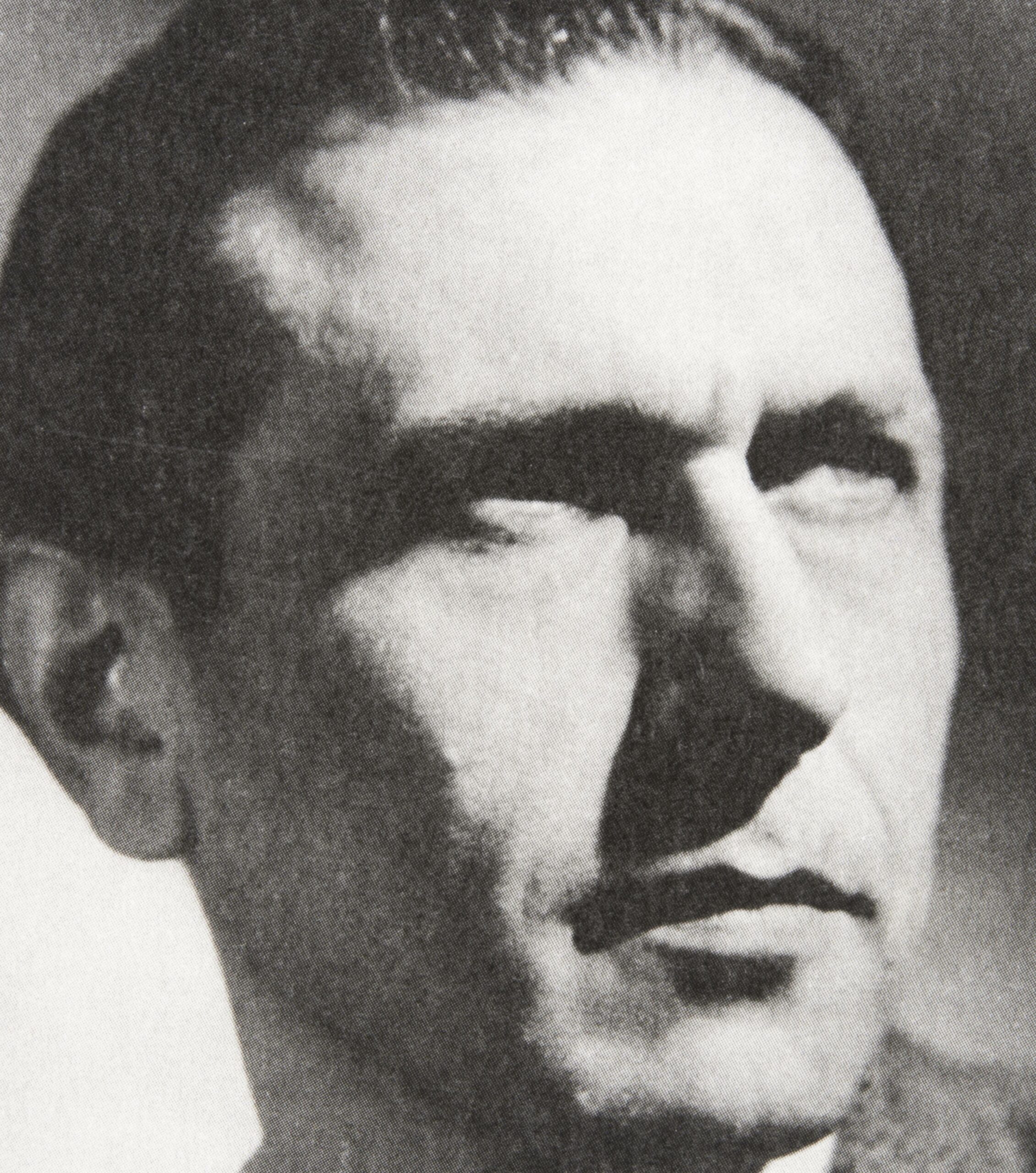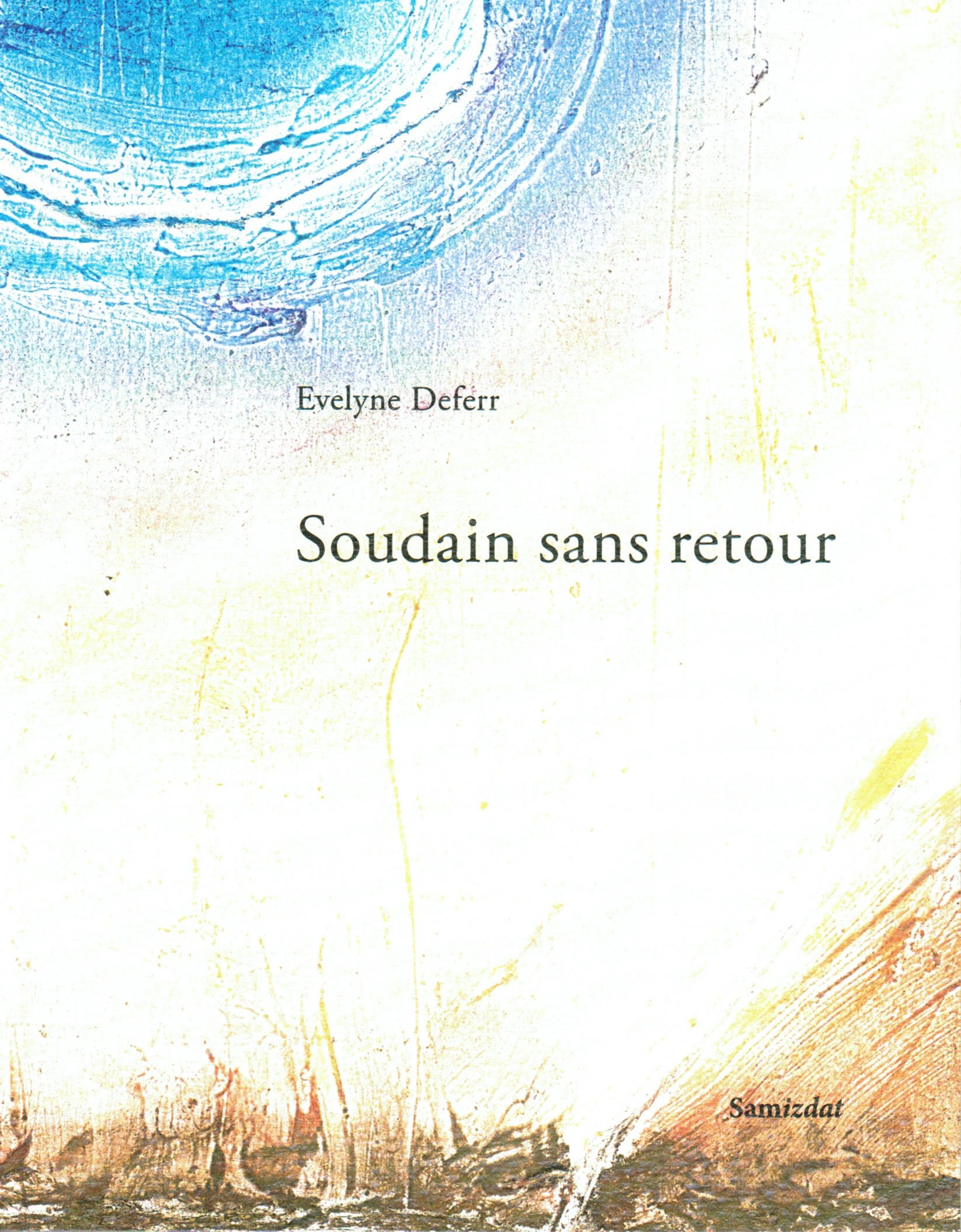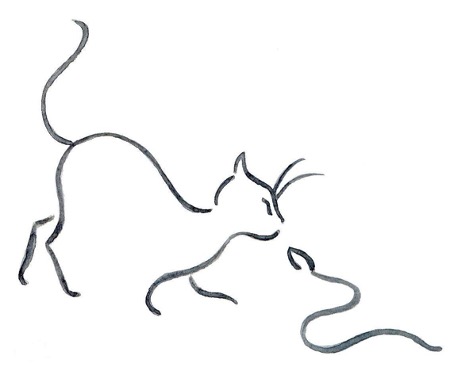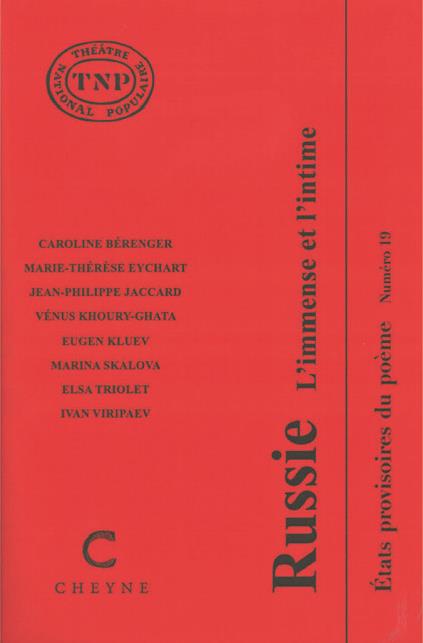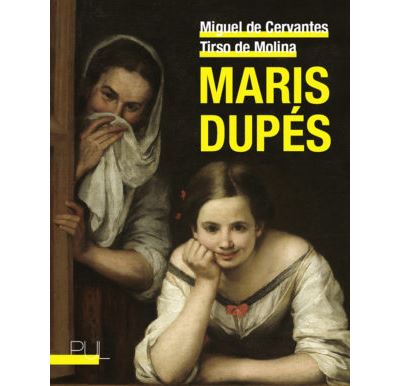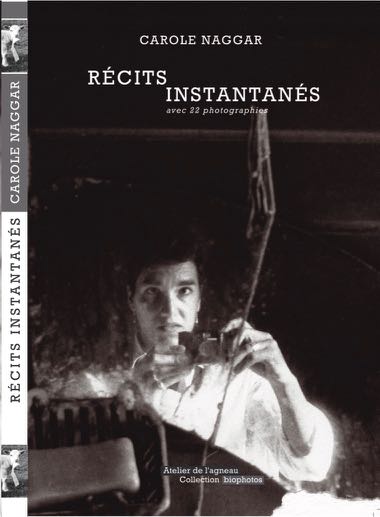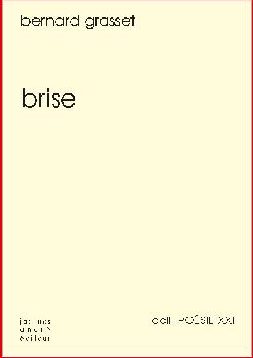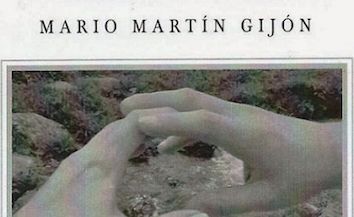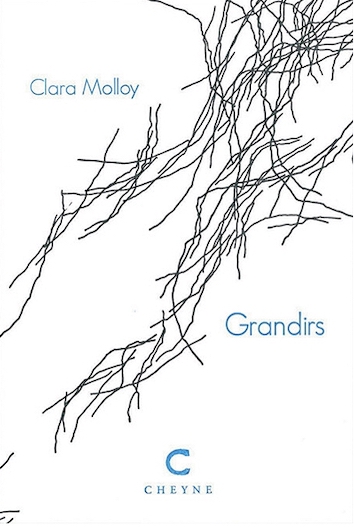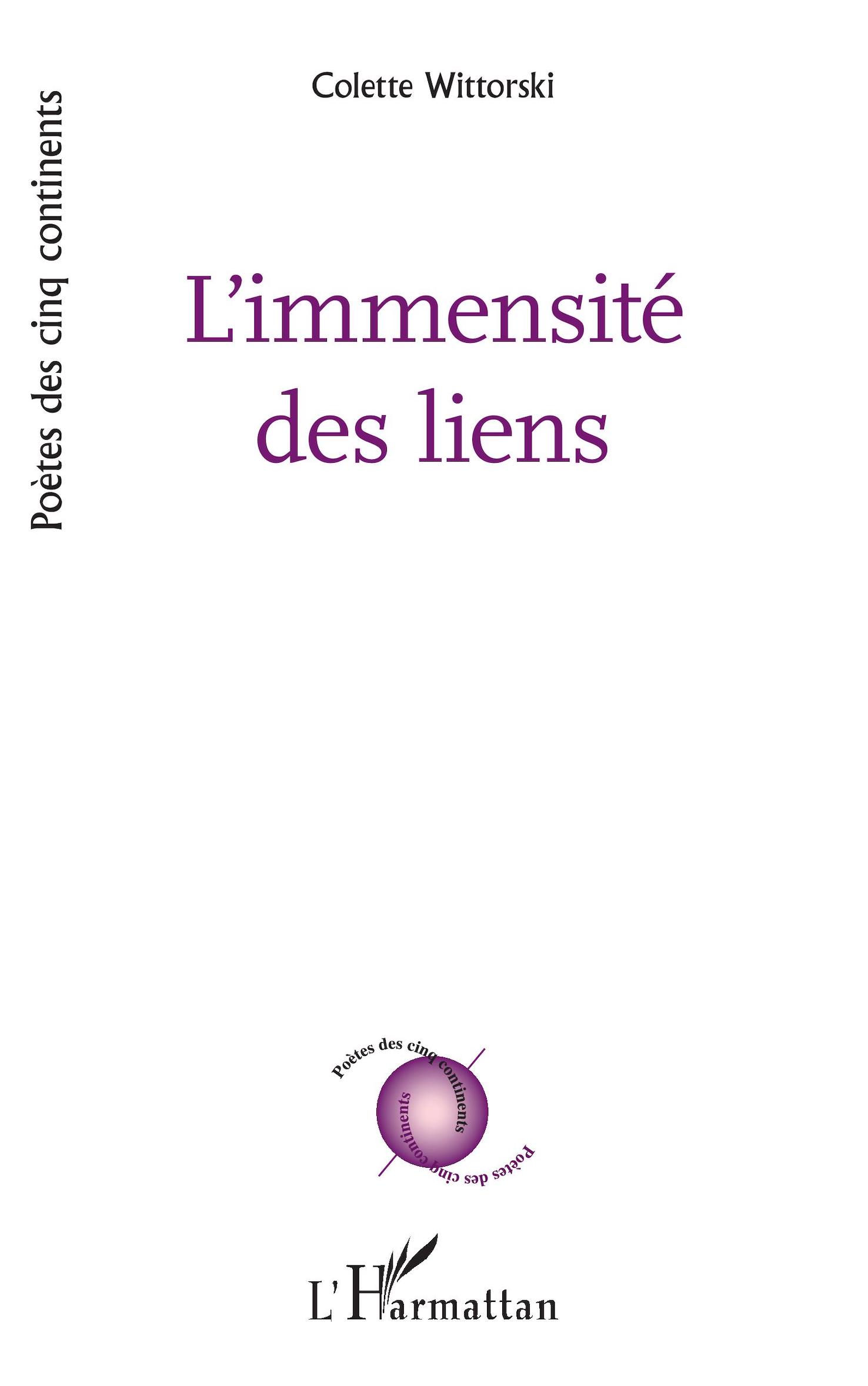This selection of poems by Andrei Codrescu is drawn from his recently published collection, So Recently Rent a World, Selected Poems, 1968–2012 (Coffee House Press, Minneapolis, 2012). The volume is a retrospective spanning the years from the writer’s earliest work as a young arrival in the United States from Romania in 1966, to the present 2012. In the late sixties and early seventies Codrescu quickly made common cause with the most vital, provocative voices of the cultural explosion that marked the times, among them Allen Ginsberg, Kenneth Koch and William Burroughs, melding aspects of their writing into a style that remains all Codrescu’s own. The poet’s signature is the use of multiple simultaneous registers, a many-voiced, self-engineered elastic medium employing spoken language favored by mentors with a wide range of readings. His razor-sharp wit and kaleidoscopic view of culture span a wide-ranging international radius. Codrescu is, by turns, Puck, holy fool, high priest, heretic, vampire, lover, social critic, teacher, historian and anti-historian, theorist and anti-theorist, and above all, perennial student of the times, always the changing times. As one reads through forty-four years of Codrescu’s published poems his work never stops evolving, even as it returns time and again to many of the same forms and subjects, proliferating like a wall of coral or an outcropping of barnacles visible just at the frontier of consciousness. Codrescu also claims some of the most illustrious figures among the writers and artists of the Dadaist and Surrealist movements as his brethren. For Codrescu culture is no more nor less than the whole, and poetry its most faithful handmaiden. In a world where poetry is still often considered a highbrow pastime and a relic of a former cultural era, Codrescu’s exceptionally varied writing and career represent a kind of home run for poets and poetry everywhere.
Codrescu has also recently published Bibliodeath: My Archives with Life in Footnotes (Antibook Club, editor Gabriel Levinson, 2012): “Technology has liberated the word from the coffin of the book and from the limitations of memory. It has won” (v); whatever gets you through the night: a story of sheherezade and the arabian entertainments (Princeton University Press, 2011); and The Posthuman Dada Guide: Tzara and Lenin Play Chess (Princeton University Press, 2009).
About Codrescu work, in the Los Angeles Review of Books (October) :
http://lareviewofbooks.org/essay/andrei-codrescu
Interview :
http://lareviewofbooks.org/interview/i‑never-speak-metaphorically
***
Ces poèmes d’Andrei Codrescu sont choisis de son recueil récemment publié sous le titre So Recently Rent a World, Selected Poems, 1968–2012 (Coffee House Press, Minneapolis, 2012). Le livre est une rétrospective de l’oeuvre du poète datant des premières années de sa jeunesse et donc de la période où il a quitté la Roumanie pour les États-Unis, en 1966, jusqu’aux poèmes les plus récents, 2012. A la fin des années soixante et pendant les années soixante-dix le jeune Codrescu a fait rapidement cause commune avec les poètes américains les plus marquants et les plus provocateurs de cette période transformatrice, Allen Ginsberg, Kenneth Koch et William Burroughs, parmi d’autres, incorporant leurs innovations dans un style persnnel qui est resté le sien. La signature stylistique de Codrescu se fait reconnaître par la mise en oeuvre de multiples registres simultanés (il faudrait penser à “l’instrument royal,” l’orgue surtout baroque, romantique aussi), un dialogisme de voix auto-construit et élastique qui donne un grand privilège à la langue parlée et aux lectures les plus éclectiques favorisées par ses devanciers préférés. Son esprit vif, son “wit,” autant que sa perspective large et kaléidoscopique de la culture à l’échelle internationale font penser à un néo-métaphysique dans le sens accordé au terme “métaphysique” par les grands poètes anglais de l’ère baroque. A tour de rôle Codrescu porte le masque de : Puck, le fou de Dieu, grand prêtre, hérétique, vampire, chevalier servant, troubadour, critique de la société, professeur, historien, anti-historien, théoricien, anti-théoricien et, surtout, étudiant éternel du temps, du temps toujours changeant.
A lire les poèmes de Codrescu publiés depuis quarante-quatre ans il faudrait constater que son oeuvre n’arrête pas d’évoluer quand bien même elle revisite au fur et à mesure les mêmes formes et les mêmes sujets un peu à l’image d’un grand récif de corail en expansion ou des bernacles proliférant juste à la surface de l’eau et de la conscience. Codrescu revendique aussi, comme des esprits frères, des écrivains et des artistes parmi les plus notoires de Dada et du Surréalisme. Pour Codrescu la culture n’est ni plus ni moins que le grand tout et la poésie sa servante la plus intime et la plus fidèle. Dans un monde où la poésie est souvent considérée comme un passe-temps d’élite et le vestige d’une ère culturelle surannée sinon éteinte, les écrits et la carrière de Codrescu représentent “ un tour complet” pour la poésie universelle.
D’autres titres de Codrescu récemment publiés : Bibliodeath: My Archives with Life in Footnotes (Antibook Club, editor Gabriel Levinson, 2012 : “La technologie a libéré la parole du cercueil du livre et à la fois des limites de la mémoire. Elle est gagnante” (v); whatever gets you through the night: a story of sheherezade and the arabian entertainments (Princeton University Press, 2011); et The Posthuman Dada Guide: Tzara and Lenin Play Chess (Princeton University Press, 2009).
A propos de la poésie de Codrescu : article dans la Los Angeles Review of Books (octobre).
http://lareviewofbooks.org/essay/andrei-codrescu
Entretien :
http://lareviewofbooks.org/interview/i‑never-speak-metaphorically


